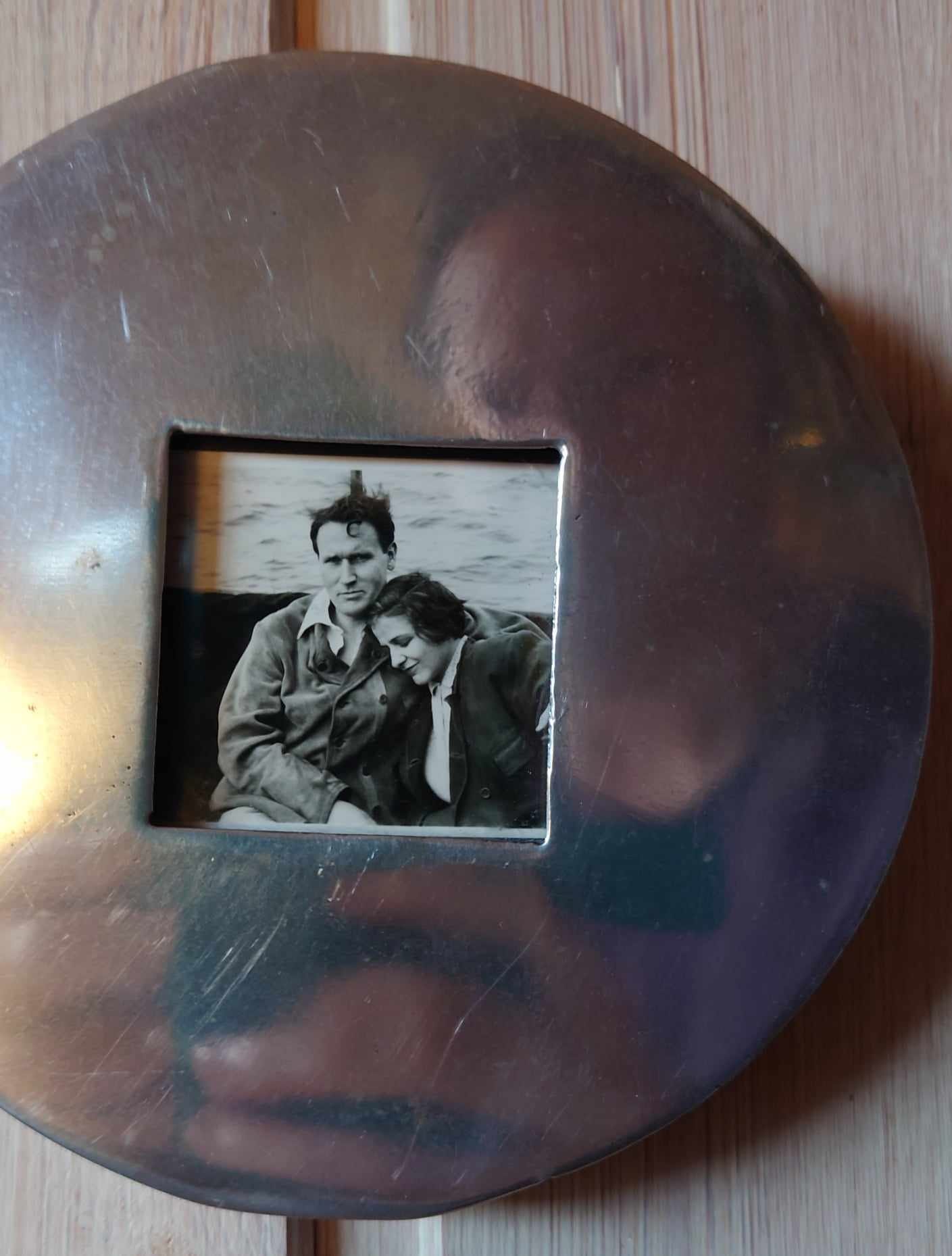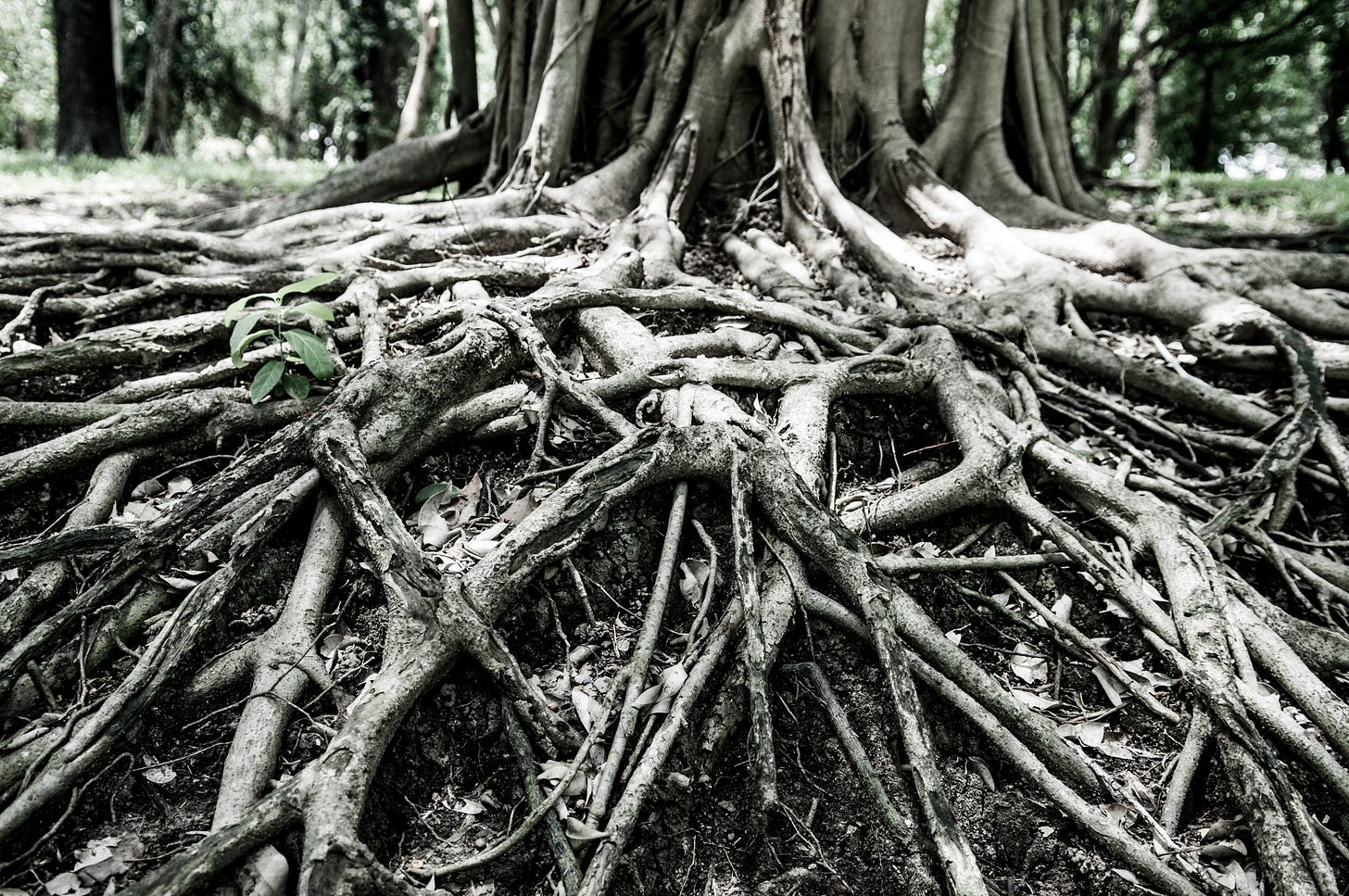Following from last weeks post, I wanted to develop the theme of food a bit here. But it is the time of All Saint’s Day and the borders between worlds are thin. Death and the ancestors also wanted to take part. So it got a bit long and will come in two pieces. Thank you for reading!
“Is it possible to believe in rights of nature and eat meat?”
The question was posed by a senior employee of the UN Environmental Programme at a meeting on rights of nature. It is a fantastic, down to Earth question that unveils a lot. One part of it reflects the worry of potentially unacceptable changes in the way we currently do things. I often wonder how we can seriously defend a position which does not acknowledge that other living beings have the right to exist, but treats them as mere objects for human use. The answer seems to be, simply, that we have to sustain that worldview in order to keep doing what we do. We have to replace forests with plantations to be able to continue increasing the shipping of goods (that need packaging). We have to dig holes in the ground to keep building skyscrapers. We have to treat living animals as production units to have cheap food. Etcetera.
The question also reflects the understanding that eating meat is a very clear example of potential violations of rights. An animal has a beating heart - eating it obviously means being responsible for ending a life. If the animal is a someone not a something, the decision to take its life seems incompatible with it having the right to life. However, the world is more complex than this. The rights of nature framework is capable of reflecting this complexity - at least way better than just disregarding it. Bear with me, it will take some time to comb through.
I believe the reason that it seems like an obvious moral, or sustainable, choice to quit eating animals has to do with a cultural anxiety around death. Death is a part of life, but we have done our very best to do away with it. For most of us in this society, death and dying is removed from our lives and our experience. We perceive death as the annihilation of life, not a part of it. We either defeat death or are defeated by it. A logical result of this notion is that we strive to postpone, or even do away with death. This takes some quite ridiculous expressions: the World Health Organization recently almost classified aging as a disease, for example. I once met with Anders Sandberg from the Future of Humanity Institute, Oxford University. Very visible on his chest was a necklace with a sizeable metal medallion. To a question on what it was, he enthusiastically explained that on it was written instructions on how to handle his body post mortem. Like many in his league of futurists and transhumanists, he has signed an agreement to undergo cryonics treatment when he dies. “Calling someone ‘dead’ is merely medicine’s way of excusing itself from resuscitation problems it cannot fix today,” says the company who will be responsible for keeping Sandbergs head cool after death. Some day in the future the contents may be downloaded into a machine. Why die if you can afford not to?
My grandparents were very convinced that when they were dead, they would just be matter. The most reasonable perspective on death was a utilitarian one: use my dead body for the best purpose. No ceremony, no funeral needed as far as they were concerned. They were surely children of a linear understanding of time, with synonyms for death like: lost. Or gone. We live in a death-phobic society according to cultural activist Stephen Jenkinson, “angel of death” who has accompanied hundreds of people to their death. Most of them die badly, he says; because they don't know unto whom they die. There is no belonging, no connection, the thread that has been yours in the web of life is not just cut - it disappears. Jenkinson connects this split to the tendency to colonise the world. “When Europeans were forcibly converted, at the point of a sword, to Christianity from their various wild, pagan and animistic religious and spiritual traditions, one of the things they were obliged to do by those who converted them, was to lose any lived relationship with those who had preceded them. That was a basic, on-the-ground consequence of conversion. Non-negotiable. ... Basically people were obliged to make a choice between kinship with their kinfolk after death in Hell, or this weird Heaven; that was minus all the suffering, but minus all your people. Not an easy choice to make! All the Europeans who washed up on the shore of the Americas ancestrally had that forced upon them. And none of them had it as a lived memory … but the consequences are very present.“ (interview with Jenkinson in the Rewild yourself podcast)
Since then many of us, like my grandparents, have not only lost the relationship with our ancestors (and even the memory of that connection) but also lost the connection with god. There is just matter and chance left. No meaning, no relation that holds you in existence. In a sense, this perception of death is also a separation from life. If you believe you are a separate individual, not in any felt sense part of a community of life - which community? - then your death will be the end of everything. An existential abyss. No wonder we fear it.
This fear of death makes us hoarders and colonisers in life. “A promising type of reflective practice involves deeply and regularly considering the fact of one's own mortality” is a saying you maybe wouldn't expect from a psychology professor. Tim Kasser, whose work concerns materialism and the values connected to the consumer frenzy so visible these days, connects fear of death with greed. I think what he means is that since death is a fact, you'd better befriend it or it will be your unconscious manager of life.* Stephen Jenkinson would agree, and continue: “dying well would be to approach death as a human scale mystery - bigger than anything you will be able to think about.”
So, is death an ending, a dissolution, a transformation, a leveling-up or a portal? I have no idea. I am a material girl. I know that my ancestors have shaped who I am, and therefore are still alive in me. Both physically and as memories and teachings, they have made marks in me and in many other people. The textiles my grandmother made are still making homes beautiful long after she is gone. Some make bigger marks, some smaller. It is impossible to say which mark is more important; we all make marks shaping this living, beautiful and evolving whole. All the threads are needed in the weaving. If I feel as a part of that, I will live on - whether in the shape sitting here writing these words or some other shape.
And what does this have to do with eating meat, by the way? Let's see if I can clarify that in the next text! Stay alive and reflect on death! (Yeah, I mean your death. Not just in general).
*(nice interview with Kasser where he also does some nudging-bashing)






Tack för bra post och tack för länken till Stephen Jenkinson! Fantastisk. Och glad/sorglig Allhelgona!